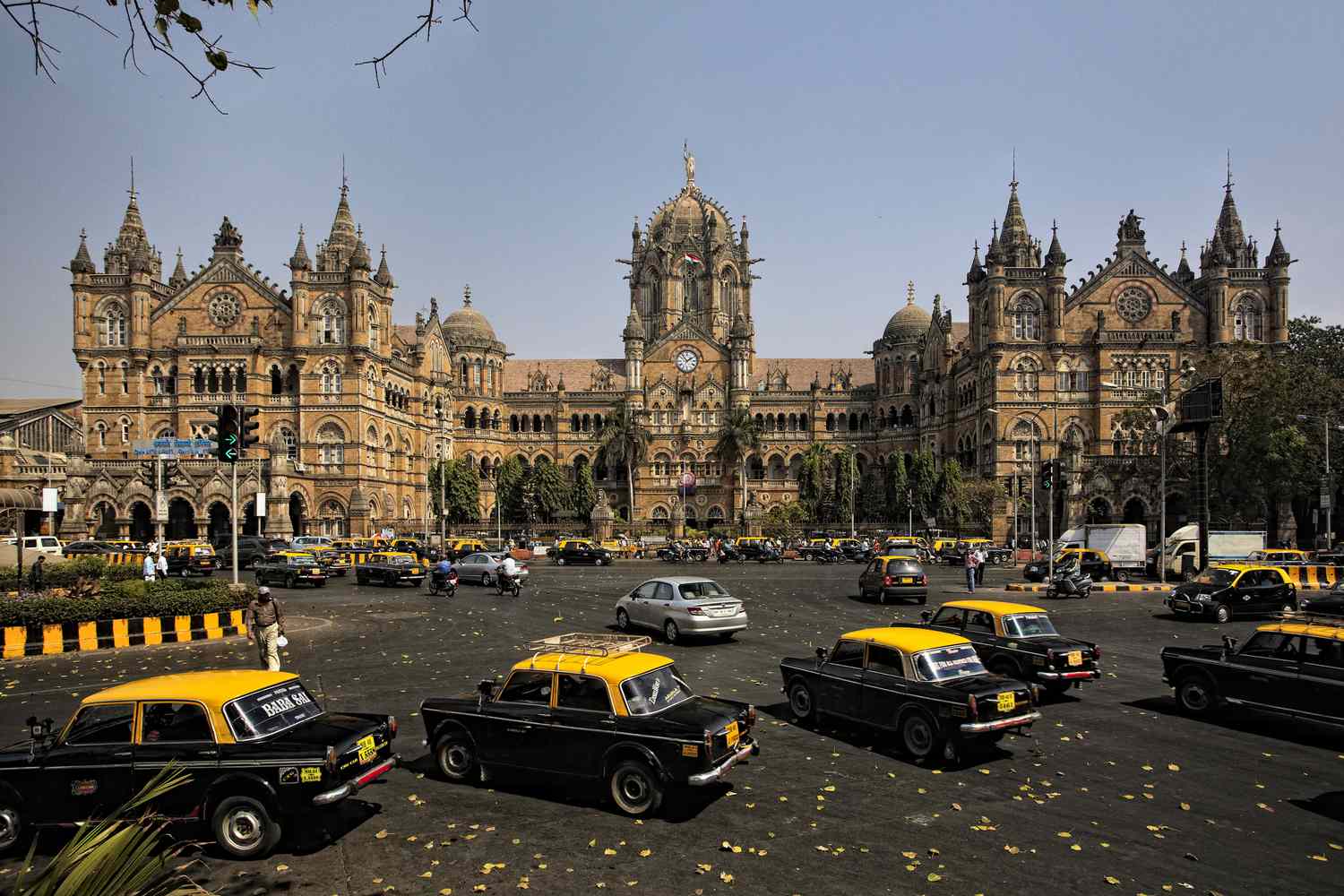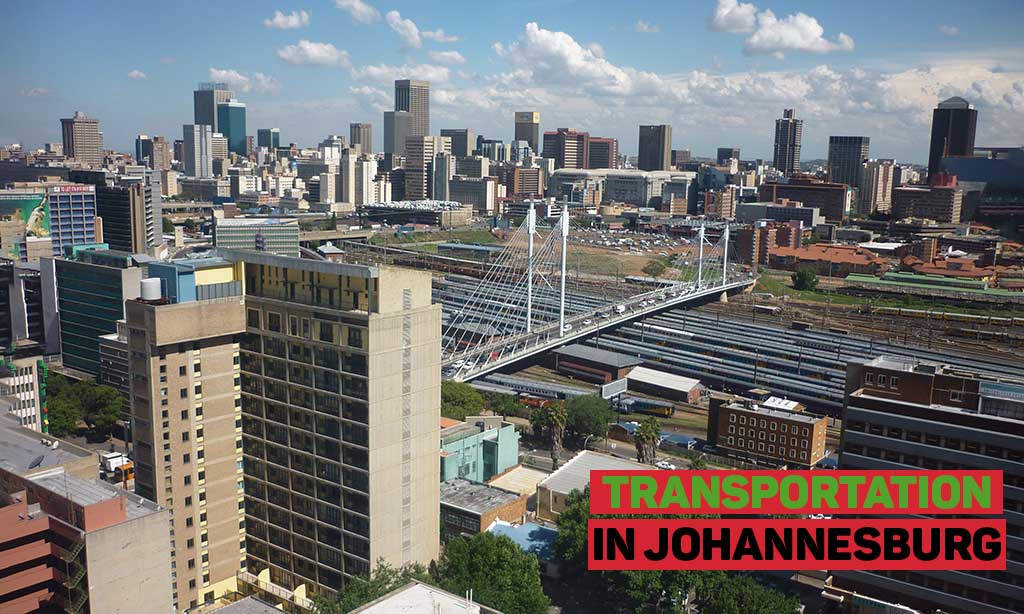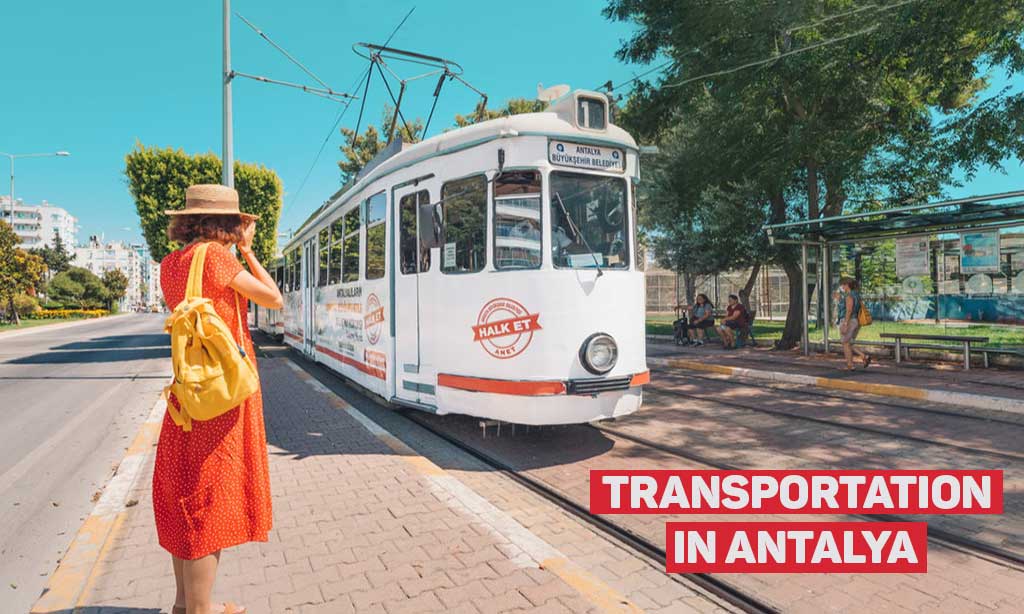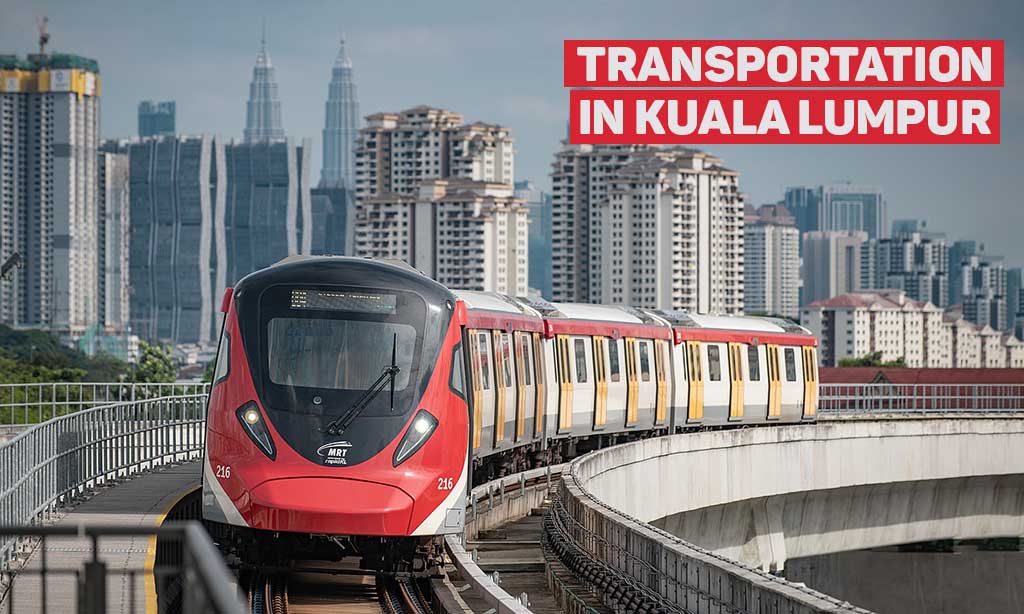Overview: Public Transportation Mumbai, the financial capital of India, has a diverse range of transportation options. Despite being a major city, its public transportation system is still evolving. The Mumbai Suburban Railway, known as the “local train”, is a significant part of the city’s transportation and dates back to 1853. It’s the primary mode of transport for millions and is often referred to as “Mumbai’s life-line”. The city is also developing its Metro train system, which is currently limited in its reach. Buses, taxis, auto rickshaws, and ferries are other means of transport available in Mumbai.
Operators:
- Mumbai Suburban Railway: Operated by the Indian Railways.
- Mumbai Metro: Operated by the Mumbai Metro Rail Corporation.
- B.E.S.T Buses: Operated by the Brihanmumbai Electric Supply and Transport.
- Taxis: Various operators, including the iconic kaali-peeli taxis.
- Auto Rickshaws: Multiple individual operators.
- Ferries: Various operators for different routes.
- Mumbai Monorail: Operated by the Mumbai Metropolitan Region Development Authority.
Rapid Transit Systems:
- Mumbai Suburban Railway: The local trains run in a north-south direction with three main lines: Western, Central, and Harbour. The Western Line is the most used by tourists.
- Mumbai Metro: Currently has one operational line between Ghatkopar and Versova. It connects to the Mumbai local train network at Andheri.
- Buses: The red B.E.S.T buses cover areas not serviced by trains. They have specific routes and are not very tourist-friendly.
- Mumbai Monorail: Connects Sant Gadge Maharaj Chowk/Jacob’s Circle in South Mumbai to Chembur in the eastern suburbs.
Major Airport Services: Mumbai is served by the Chhatrapati Shivaji Maharaj International Airport. It’s one of the busiest airports in India and handles both domestic and international flights.
Commuter Rail: The Mumbai Suburban Railway is the primary commuter rail system. It carries over 8 million passengers daily, making it one of the busiest in the world.
Buses: B.E.S.T buses, including some double-decker ones, ply throughout the city. They cover areas not reached by the train system.

Table: Transportation Systems:
| Transportation | Operator Name | Website URL |
|---|---|---|
| Train | Mumbai Suburban Railway | Indian Railways |
| Metro | Mumbai Metro | Mumbai Metro |
| Bus | B.E.S.T | BEST |
| Taxi | Various | N/A |
| Auto Rickshaw | Various | N/A |
| Ferry | Various | N/A |
| Monorail | Mumbai Monorail | MMRDA |
Guide on Ticket Purchasing:
- Mumbai Local Train: Tickets can be purchased at railway stations. There’s also a Mumbai Local Tourist Pass for unlimited travel. A rechargeable Smart Card can be used to get tickets from Automatic Ticket Vending Machines.
- Mumbai Metro: Tickets need to be purchased separately from local train tickets. The fare is 20 rupees one way between certain stations.
- Buses: Tickets can be bought onboard. The minimum fare is 5 rupees.
- Taxis and Auto Rickshaws: They usually go by the meter in Mumbai. Prepaid taxis are also available, especially from the airport.
Major Passenger Airports and Ways to City Centre:
- Chhatrapati Shivaji Maharaj International Airport: It’s well connected to the city centre by taxis, auto rickshaws, and buses. The Mumbai Metro also has a station (Airport Road) about 15 minutes on foot from the international terminal.
Walking & Biking Facilities: Mumbai is bustling, and while walking is possible in many areas, it’s essential to be cautious due to traffic. Some neighbourhoods, like Colaba, are popular for walking. Biking is less common due to traffic congestion, but there are certain areas and times of the day when biking can be enjoyable.
Safety Tips While Travelling in Mumbai:
- Avoid Rush Hours: Mumbai’s public transportation, especially the local trains, can get extremely crowded during rush hours (8 a.m. to 10 a.m. and 5 p.m. to 9.30 p.m.). If you’re not used to such conditions, it’s best to avoid travelling during these times.
- Stay Alert: While Mumbai is generally safe, pickpocketing can occur in crowded places. Always be aware of your surroundings and keep your belongings secure.
- Use Prepaid Taxis: When arriving at the airport or railway stations, it’s advisable to use prepaid taxi services to avoid being overcharged.
- Travel in Groups at Night: If you’re exploring the city after dark, especially in less crowded areas, it’s safer to travel in groups.
- Avoid Isolated Areas: Especially after dark, steer clear of deserted streets or beaches.
- Stay Hydrated: Mumbai can be hot and humid. Always carry a bottle of water with you and stay hydrated. However, avoid drinking tap water. Instead, opt for bottled water from reputable brands.
- Food Safety: Street food in Mumbai is delicious but can sometimes cause stomach upsets for tourists. If you’re keen to try it, choose stalls that are busy and where the food is prepared fresh in front of you.
- Dress Modestly: While Mumbai is quite cosmopolitan, it’s still recommended to dress modestly to respect local customs, especially when visiting religious sites.
- Beware of Scams: Like any major city, there are individuals who might try to take advantage of tourists. Be wary of unsolicited offers, especially those that seem too good to be true.
- Stay Informed: Keep the contact details of your country’s embassy or consulate in Mumbai handy. Also, have the contact numbers of local emergency services.
- Respect Local Customs: Mumbai is a melting pot of cultures and religions. Always be respectful of local customs, traditions, and religious practices.
- Traffic Safety: Traffic in Mumbai can be chaotic. Always use pedestrian crossings where available, and be cautious while crossing roads. If using a two-wheeler, always wear a helmet.
- Stay Connected: It’s a good idea to get a local SIM card so you can make calls or access the internet. This can be especially useful for navigating the city or in case of emergencies.
- Avoid Demonstrations: While they’re generally peaceful, it’s best to steer clear of any political rallies or demonstrations.
- Book Accommodations Wisely: When booking your stay, choose reputable hotels or guesthouses. Check reviews and ratings before making a reservation.
Remember, while it’s essential to be cautious, Mumbai is known for its warmth and hospitality. The city has a vibrant culture and a lot to offer. Enjoy your trip and soak in the experiences, but always stay safe!





